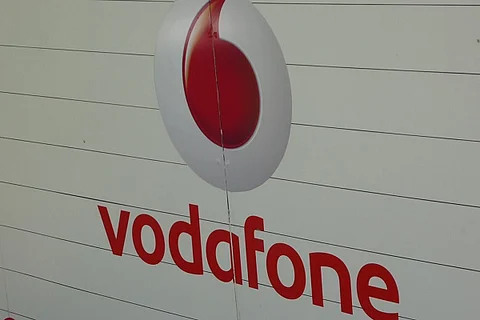

The Reserve Bank of India on Tuesday cancelled the Certificate of Authorisation (CoA) of Vodafone m-pesa after its voluntary surrender of authorisation.
The company henceforth cannot transact business of issuance and operation of Prepaid payment Instruments, RBI said.
The central bank, however, said that the customers or merchants having a valid claim on the company as a PSO, can approach the company till September 30, 2022, for settlement of their claims within three years from the date of cancellation.
"The Reserve Bank of India, in exercise of the powers conferred on it under the Payment and Settlement Systems Act, 2007, has cancelled the Certificate of Authorisation (CoA) of the below mentioned Payment System Operator (PSO) on account of voluntary surrender of authorisation," RBI said.
This comes a year after Vodafone Idea decided to close m-pesa after Aditya Birla Idea Payments Bank Ltd (ABIPBL), which it was merge with, shut operations as well.
ABIPBL and Vodafone m-pesa were among the 11 companies that received a payments bank licence from RBI in 2015.
In July 2019, Aditya Birla Payments Bank also announced that it was winding up voluntarily.
“This decision has been taken due to unanticipated developments in the business landscape that have made the economic model unviable,” the company said in a regulatory filing at the time.
Aditya Birla Payments Bank was founded as a joint venture between Aditya Birla Nuvo Ltd (51% stake) and Ideal Cellular (49% stake).
Payment Banks have been facing a tough time given their business model, where they are allowed accept deposits of only up to Rs 1 lakh per customer and are not allowed to lend.
As a result of this, they do not earn interest income from loans and earn very little from deposits, thus making them mainly dependent on charges such as processing, transaction fees and commissions earned through cross-selling products.
They are required to adhere to stringent KYC norms, while fighting off competition from other large players such as Paytm Payments Bank, India Post Payments bank.
As a result of these challenges, among the 11 entities that received the license from RBI, Tech Mahindra, Cholamandalam Finance and the Dilip Sanghvi-IDFC Bank-Telenor joint venture too surrendered their licenses.